The views expressed in our content reflect individual perspectives and do not represent the authoritative views of the Baha'i Faith.
We live in a culture devoted to pleasure, so avoiding drugs, alcohol, tobacco, and various other addictions may not appeal to most people.
The mainstream culture sometimes treats this kind of sober, clean lifestyle as a heavy burden. Life, we are constantly told in a thousand advertisements every day, is so much easier if we allow ourselves all the pleasures it can possibly afford.
Through force of habit, I thought this way for years. I thought I had taken a heavy load onto my shoulders by abstaining. I was under the impression that the people around me partying hard were living easy, fun, exciting lives. With my rules for myself, I thought, I had chosen a more difficult path. With time, though, I saw that I was mistaken—in fact, I had it completely backwards. I’d been the one leading the easy life all along. As I’ve reflected on the matter further, and grown a little older and more experienced, I’ve come to see that a pattern of renunciation is a privilege that few people get to enjoy.
For one thing, it’s cheaper. I know a lot of people who spend a large portion of their money on alcohol, cigarettes, and marijuana or other drugs. I spend zero dollars on those things. For that reason alone, my paycheck goes much further than theirs. Frankly, my day-to-day life goes much smoother, too, because I’m more likely to spend my evenings taking care of necessary chores, relaxing and going to bed early than drinking with my friends and earning myself a brutal hangover the next morning. So while I make my fair share of personal mistakes, they’re never amplified on a huge scale by mind-altering substances I put in my body.
I don’t say this to brag or to in any way suggest that I’m better than anyone else. I’m not. I say it to illustrate something that a lot of people don’t understand: My renunciation makes my life easier, simpler and more joyful. I have a faithful, happy, healthy life, with a minimum of unnecessary drama and pain. Yes, that might have required an extra amount of sacrifice and will-power when I was a teenager—but now they don’t. While I’ve got the wind at my back, it seems like everybody else has got it blowing in their faces.
Renunciation of mind-altering chemicals and addictions creates a life of privilege, and I use the word privilege very deliberately. I use it because I’ve become aware of it while reflecting on other forms of privilege: white privilege, male privilege, class privilege, and others. My wife and I try to be very honest with ourselves about the social forces that have made our life easy in so many respects, but much harder for other people. Oftentimes, we see the influence of the many forms of structural injustice—racism, class prejudice, gender bias. But beyond that, we’ve noticed people we know who have grown up with as many material advantages as we have, often more, but whose lives are far more chaotic than our own. Almost always, some combination of illicit sex and intoxicating substances magnifies the turbulence in their lives, which ultimately makes them miserable.
The privileges of renunciation arise from a combination of personal choices and factors in the social environment beyond the individual’s control. For example, I’ve consciously chosen not to drink alcohol, a choice I made even before I became a Baha’i. But that choice was much easier to make than for most people, because of the environment I grew up in. Neither of my parents drink alcohol. My grandparents, who lived close by, never drank alcohol, either. Though many of my relatives do drink occasionally, I have no memories at all from my childhood of any of them ever being drunk. All this made it easy for me to choose not to drink, because I was three-quarters of the way there already. Our social environment tends to push in one direction or another. For me, that direction was towards sobriety—what a privilege.
In addition to all that, I never had to deal with alcohol-related problems growing up, because none of my family abused alcohol. As a result, I’ve benefitted substantially from other people’s choices not to drink excessively. No one close to me became an alcoholic, either, thank goodness. The benefits of renunciation, I learned, radiate into the lives of other people and contribute to a positive social environment.
One thing that distinguishes this form of privilege from other forms, such as with race or gender, is that it has to do with habits and behaviors that are flexible, rather than with bodies and identities that tend to be rigid and unchanging. So there is merit in respectfully encouraging people to renounce drugs and alcohol or sex outside of marriage, as the Baha’i teachings do. It is of course easier for some people than it is for others. A huge set of biological, psychological, and social factors are involved—but they are not insurmountable, and in periods of great crisis, revolutionary change might be the only viable option.
I now know that the choices I’ve made and the environment that impelled me in that direction have made my life easier, less troubled and more comfortable. That’s great. But comfort isn’t necessarily the ultimate goal we should aim towards. The advantage of renunciation can be better viewed as a means to an end—and that end should always involve the well-being of society. On this point, I take the Baha’i teachings as a guide. Baha’u’llah wrote:
Let your vision be world-embracing, rather than confined to your own self. –Baha’u’llah, Tablets of Baha’u’llah, p. 87.
If I always spent my energies feeding various chemical dependencies or constantly negotiating various sexual entanglements, it would absorb a great deal of my time and energy. But the simplicity that comes with my lifestyle allows me to look beyond my own concerns to the needs of the broader society. I have space in my life to do something positive for society. Whether or not I make good use of that opportunity is a separate matter entirely, but I cannot deny the immense privilege of having it in the first place.


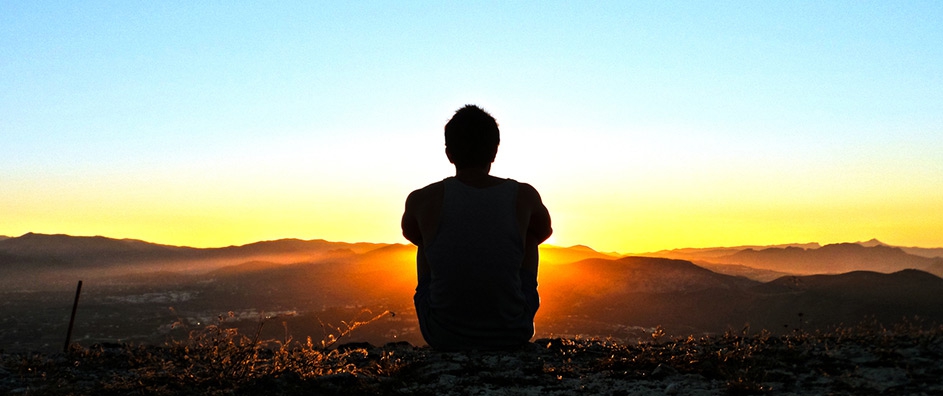


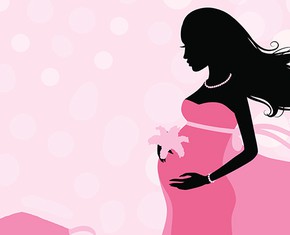






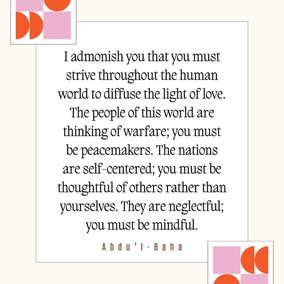
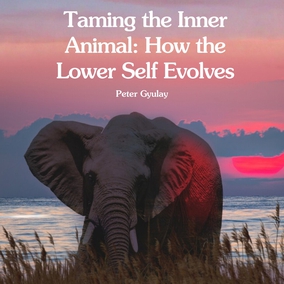
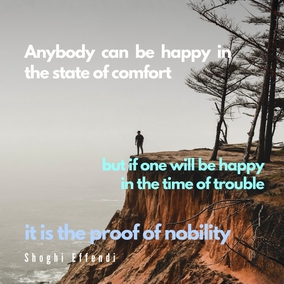

Comments
Sign in or create an account
Continue with Googleor